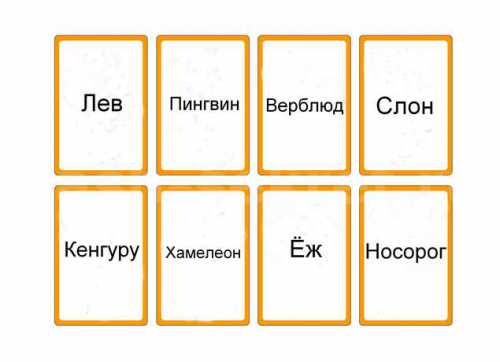Discussion: the basic principles of the doctrine of SP of Pavlov about higher nervous activity

For psychology the basic principles which are the cornerstone of I.P. Pavlov's doctrine about higher nervous activity have paramount value. Principles this following.
byHowever in a cerebral cortex carries out not only the analysis, but also synthesis of external irritations. Conditioned reflexes are equally based both on the analysis, and on synthesis. Formation of a conditioned reflex "first of all is the act of synthesis".
Principle of the analysis and synthesis. Organism adaptation to the environment is possible only as a result of exact decomposition and allocation by nervous system of an animal of the difficult irritations influencing it. I.P. Pavlov showed that "complication of communication of an animal organism with the world around, more and more various and more exact adaptation to external circumstances, more perfect equilibration of organisms of the external environment goes in parallel and indissolubly with this all the progressing analizatorna activity of nervous system". At the heart of feelings and perceptions difficult and specific activity of analyzers lies, thus.
Principle of determinism, or causal conditionality, higher nervous activity. I.P. Pavlov considered an animal organism not as closed in itself and in himself finding all necessary for its activity, and in unity from surrounding this organism Wednesday. This Wednesday - a necessary condition of existence of an organism: it naturally defines all activity of an organism in all its complexity and variety. Activity of an organism is strictly natural. This regularity is caused by very exact adaptation of an organism to the outside world. Without such adaptation the animal would cease to exist.











